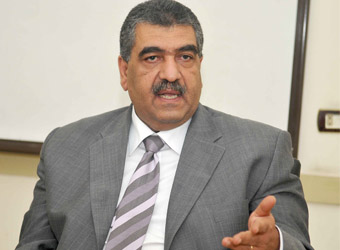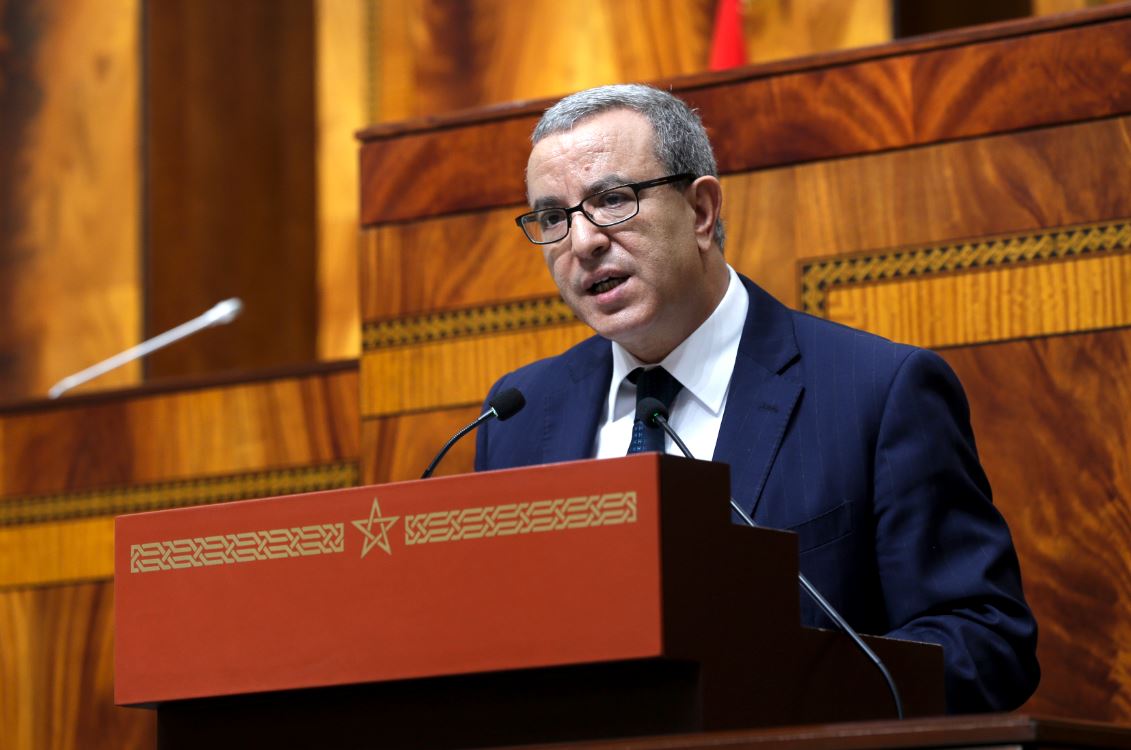
Plans are underway to enhance struggle against money laundering in Egypt through the issuance of personal certificates for Islamic Sukuk bonds.
The plans were designed at the request of the head of the Financial Supervisory Authority in Egypt, Ashraf al-Sharqawy, who argued that such certifications will prevent money laundering.
During a meeting with members of the Shura Council’s Financial Committee, he asked them to remove the maximum fine of LE20 million set forth in Article 25 of the Sukuk draft law to prevent profiteering.
He added that the Sukuk idea was already considered in the law on capital, issued in 1992, pointing out that article 21 of the draft refers to the Sukuk holders as a “group”, a term that could be misinterpreted to mean the Muslim Brotherhood.
The Financial Committee’s chairman, Mohamed al-Fiqi, underlined that the Sukuk bonds issuance is meant to satisfy Egyptians in general and not a set of people. He emphasized that the fixed assets of the country will neither be sold nor mortgaged.
Mohamed Maher, head of the Egyptian Stock Exchange, noted on his part that “group” is a common financial term used in legal financial texts.
On the other hand, the legislative body approved a draft law cancelling the maritime borders delimiting an economic zone between Egypt and Cyprus according to an agreement that was signed by Cyprus and Israel in February 2003, in the absence of Egypt.
Cairo seeks to invalidate the deal between Cyprus and Isarel as Egypt, according to international agreements, was entitled to be present at the signing of the bilateral accord.
Egyptian lawmakers voted for the draft bill as a renegotiation of the agreement would earn Egypt billions of dollars. The text calls for the creation of new borders surrounding the economic zone in the presence of Turkey as a third party.
 Plans are underway to enhance struggle against money laundering in Egypt through the issuance of personal certificates for Islamic Sukuk bonds.
Plans are underway to enhance struggle against money laundering in Egypt through the issuance of personal certificates for Islamic Sukuk bonds.
 Plans are underway to enhance struggle against money laundering in Egypt through the issuance of personal certificates for Islamic Sukuk bonds.
Plans are underway to enhance struggle against money laundering in Egypt through the issuance of personal certificates for Islamic Sukuk bonds.

